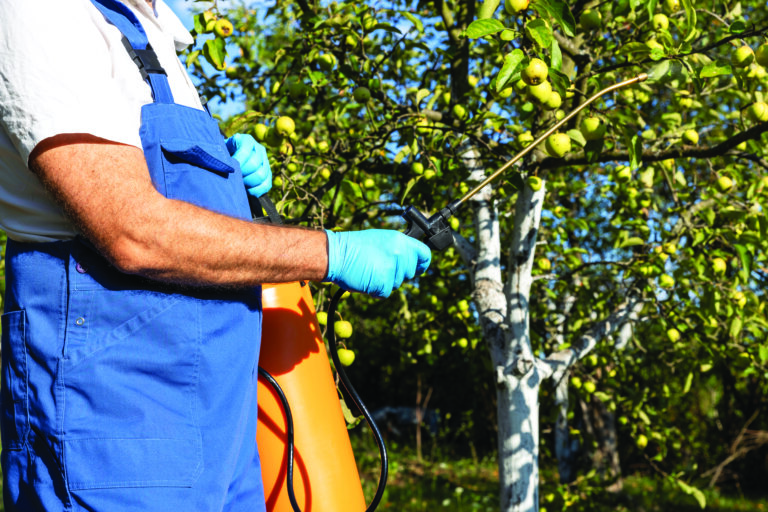Thousands of people have filed lawsuits against the manufacturer of Roundup, claiming that the weed killer caused them to develop cancer. Non-Hodgkin lymphoma is one of the cancers associated with exposure to the herbicide. This blog will talk about what cancers are linked to Roundup exposure.
A lawsuit against a multi-billion-dollar corporation like the maker of Roundup could cost a great deal of money if you tried to tackle the manufacturer on your own, but you do not have to do this alone. If you or a loved one developed cancer after exposure to Roundup, a Roundup attorney could help you seek compensation for your losses.
What the Scientists Say About Roundup
Researchers at the University of Washington Department of Environmental & Occupational Health Sciences (DEOHS), working with experts from the University of California, Berkeley, and the Icahn School of Medicine at Mount Sinai, analyzed glyphosate, the primary ingredient in the weed killer, Roundup. These scientists concluded that exposure to glyphosate increases a person’s risk of developing non-Hodgkin lymphoma, a type of cancer, by 41 percent.
Types of Cancer Linked to Roundup
In addition to non-Hodgkin lymphoma, Roundup has been associated with these types of cancer:
- Leukemia
- Kidney cancer
- Myeloid leukemia
- Breast cancer
- Liver cancer
- Pancreatic cancer
- Thyroid cancer
- Pediatric brain cancer
- Bladder cancer
The chemicals in Roundup are alleged to increase the risk of lung cancer, celiac disease, and Alzheimer’s disease. A parent exposed to Roundup could have a child who develops brain cancer. A person with non-Hodgkin lymphoma can also develop chronic lymphocytic leukemia.
How a Person Gets Exposed to Glyphosate
People with the greatest exposure to weed killers containing glyphosate are likely the most at risk of developing one or more of the cancers associated with this chemical compound. Exposure can happen when a person applying the herbicide breathes particles in the air after spraying Roundup, spilling or splashing the weed killer on their skin or clothing, eating or smoking after using Roundup without washing their hands first, and touching plants that have recently been sprayed with the weed killer.
Professional landscapers, farmers, maintenance workers, agricultural workers, and homeowners who use Roundup to control weeds might have prolonged exposure to glyphosate. Monsanto marketed Roundup to these groups, in particular, as a safe and effective way to control weeds.
Glyphosate has been used widely in multiple herbicides for many decades. Those chemicals have been sprayed on residential properties and agricultural land all over the United States. At this point, the chemical could be present in the water, food, and dust, exposing people who have never used the weed killer.
Legal Grounds for the Lawsuits Against the Maker of Roundup
The lawsuits against the manufacturer of Roundup argue that the company knew about the health risks associated with glyphosate and other chemicals in Roundup but failed to warn about the hazards of exposure to Roundup or provide safety instructions for people using the product to minimize their exposure to the harmful chemicals.
A mass torts attorney could help you seek justice and fair compensation if you or a close relative developed cancer or another adverse medical condition after exposure to Roundup. We offer a free initial consultation with no obligation. Contact our office for help today.

